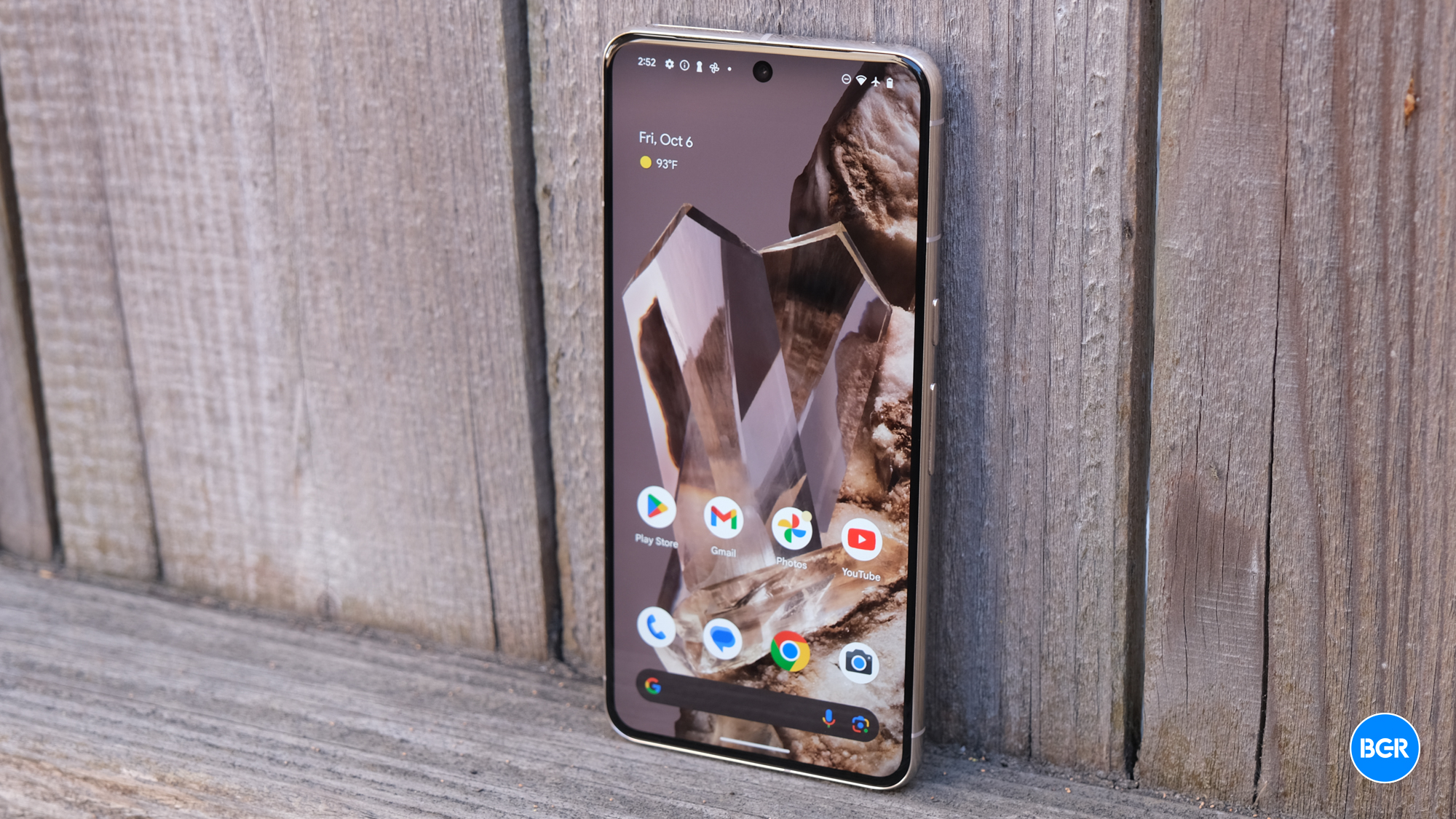Artificial intelligence (AI) continues to be the most important thing happening in tech, including smartphones. There’s increased talk about on-device AI capabilities for mobile devices, as phones are powerful enough to run some generative AI features locally without connecting to the cloud.
You’ll need a high-end or flagship handset for on-device AI. But even then, you might not actually get that sort of generative AI experience. Sadly, the Pixel 8 is the best example of that.
It’s a Google phone that runs Google’s optimized version of Android. It’s one of the best Android devices in town. Yet its hardware has limitations that make it incompatible with Gemini Nano. Google said so.
Gemini Nano is Google’s smallest large language model and the one that can run AI features on-device. You might not be a Pixel phone buyer, but this revelation is important. It might impact your next Android device purchase if you want it to support on-device AI.
Google talked about Gemini Nano and various other Android topics during the latest episode of The Android Show on its Android Developers channel.
Gemini Nano is the most efficient AI model that Google developed so far, and it can run on-device generative AI on supported phones. Those supported phones are the Pixel 8 Pro and the Galaxy S24. Gemini Nano can power features like summarization inside the Recorder app or Smart Reply in Gboard.
“Gemini Nano enables powerful capabilities such as high-quality text summarization, contextual smart replies, and advanced proofreading and grammar correction,” Google explains in a blog post about Gemini Nano.
When Samsung launched the Galaxy S24 series, I asked which Galaxy AI features would run on-device. The company said all translation features (Messages, Calls, Interpreter), Edit Suggestions, and the Photo Ambient Wallpaper all run on-device. It wasn’t clear at the time whether Gemini Nano would power these, and it still isn’t.

Google confirmed during The Android Show that Gemini Nano would not run on the Pixel 8, citing “hardware limitations.” But Google also said it plans to roll out Gemini Nano support to more “high-end” devices.
What are those hardware limitations since the Pixel 8 Pro can run Gemini Nano? It’s probably the RAM. Both handsets run on the same Google Tensor G3 chip, so that’s not the problem. The Pixel 8 Pro has 12GB of RAM, while the Pixel 8 features just 8GB of RAM.
That said, I will point out that the base Galaxy S24 model comes with 8GB of RAM. Only the Plus and Ultra feature 12GB of memory. Google didn’t exclude the regular Galaxy S24 model from the list of Gemini Nano devices. Then again, the Galaxy S24 series features a much better chipset than the Pixel 8 phones. Maybe that’s what allows a device with 8GB of RAM to run on-device AI via Gemini Nano.
With that in mind, you might want to pay attention to Android specs again if you want to take advantage of on-device AI. Gemini Nano will roll out to more devices. And it might get additional powers in the future. You might want to ensure your handset has at least 12GB of RAM and a next-gen chip.
As for the advantages of Gemini Nano, it’s not just about privacy, though that’s one of the biggest ones. Running AI tasks on-device also means you get faster results. Moreover, on-device capabilities are always going to be “free” in the sense that they don’t consume server computing powers. While cloud generative AI features cost money, and you might need subscriptions to access them.
That said, we’re in the early days of Gemini Nano, and things could change down the road. Meanwhile, you can check Google’s full episode of The Android Show below.







